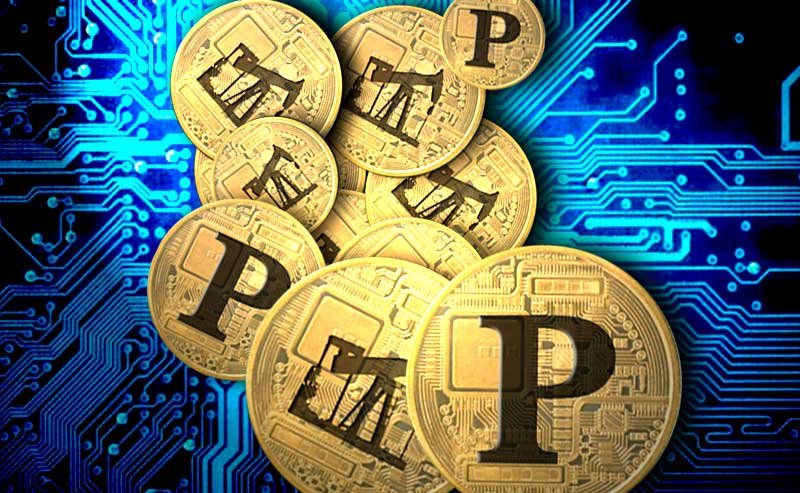As I was talking about yesterday, we are seeing this new trend of some national governments announcing their plans to issue their own central bank's controlled cryptocurrencies.
One of the most noteworthy cases has been the venezuelan Petro, which the government wants to use as a tool to endure the harsh economic conditions and hyperinflation that this country is currently suffering and economic sanctions imposed by the US.
However, as soon as the venezuelan government started revealing some details about how the Petro is actually going to work, many of my fellow venezuelans (and some people outside the country too) have been left wondering if this can really be a way to stop the economic crisis from eating their income and savings.
So to get an idea about this, lets first remember what we actually know (from official sources) about the Petro:
- Petro is a future "cryptocurrency" issued by the venezuelan government, backed by some of the country's oil reserves (1 Petro = 1 oil barrel, it was announced that a particular oil field would serve as the physical guarantee for it). It has been said that it will be backed also by other mineral resources but this hasn't been confirmed yet.
- It will be used in supplement of the national currency, bolivar fuerte (VEF)
- The country´s president has ordered the first 100 million coins to be issued right away
- Venezuelans have been prompted to suscribe to a miners registry so they can be authorized to mine Petros or any other cryptocurrencies, and to apparently to have access to the first lot of coins
It should be noted too that the official document released by the government announcing the creation of the Petro also says this:
- The coins released in this initial coin offering are going to be directly assigned by the government
- Petro's market price will be published by national exchanges
- Backed by oil "or any other product chosen by the nation"
- It will be "descentralized" as soon as the government assigns the coins
It is true that the government says that the Petro will be made available to be bought or sold in some of the most important exchanges in the world, and that eventually it will be possible to mine Petros too. But saying that national exchanges will publish (set?) the price and "ordering" to issue the first 100 million coins seem to tell exactly the opposite.
It's oil backed price, seem to turn the Petro into some form of traditional asset-backed debt to gain access to those credits denied by US sanctions. Or maybe even in a way of trying to "sell" oil without having to actually extract it from the ground.
Calling it "descentralized" while the country's president gives the ORDER to issue 100 million coins and with the government claiming the right to assign those coins to whomever they want and in any way they want is a complete contradiction and takes away any confidence in a fair distribution (specially coming from the same people that sell USD at 10.00 VEF while it's price in the streets is over 260,000.00). Besides, what would happen if eventually a big holder decides to claim the oil in exchange for his/her coins and the actual production of oil is not enough to satisfy this demand, will he/her be compensated with some other type of commodity? So we have a coin wich price has a low ceiling (the price of 1 barrel of venezuelan oil) and no floor (basically 0.00 if the demand to exchange the coins for the asset that backs it's price can't be met)
For some venezuelans it might be more productive to have Petros than VEF (the 2017 inflation in Venezuela was around 2.000% and 2.500%), but even for them I would have to ask, why would they get Petros when they can have USDT if they only want to prevent to lose their money's value or BTC, ETH, or any other of the more popular and respected cryptocurrencies already around if they want to make an investment? And for the rest of the world having so many options, why would they choose Petro?
Don't get me wrong, having around a government issued crypto (even if I wouldn't call this a cryptocurrency, more like a digital bond) could help the market to gain some mainstream acceptance, and we all know what positive emotions can do for the market. But as of today, I can't really see a single reason to be positive about the future of Petro as a standalone "crypto".
